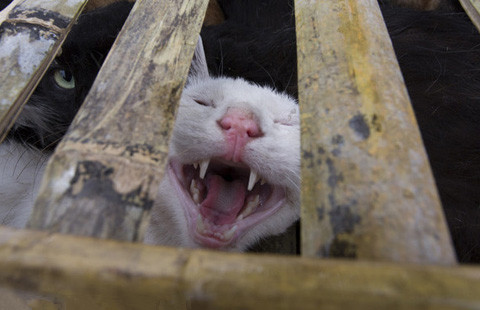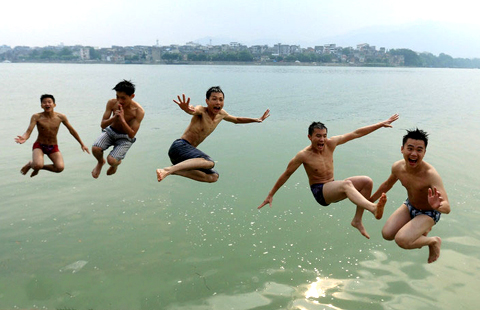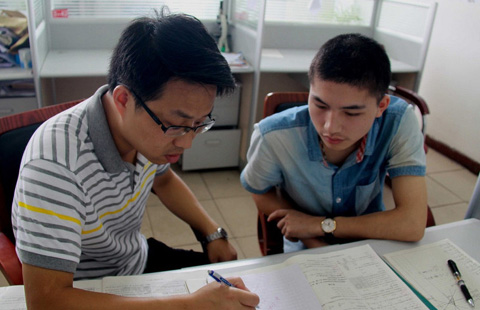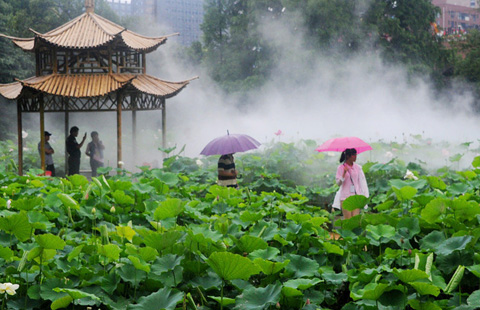Huawei scores in World Cup service
Updated: 2014-06-30 04:02
By ZHANG FAN in Sao Paulo (China Daily Latin America)
|
||||||||
Chinese telecom equipment manufacturer Huawei has been helping ensure the smooth running of communication networks in the 12 host cities of the 2014 FIFA World Cup in Brazil in the face of traffic peaks and data floods.
"The key performance index of our network shows that all the systems ran smoothly during the first two weeks of the World Cup. Our operator clients such as Vivo even used 'fantastic' to describe our work," said Guo Fuqin, director of Huawei's World Cup project.
Huawei, a leading global information and communication technology solution provider, won the contract to provide communication systems for the World Cup in Brazil through cooperating with five main local operators including Vivo, Tim and Oi.
It strengthened the network system for each stadium in the 12 host cities and provided a communications service guarantee team of 97 experts for local operators to monitor data flow. Huawei also established remote technical support centers in China, Mexico, Romania and Egypt staffed with about 100 experts.
About 600,000 international tourists have traveled to Brazil for the World Cup. The Arena de Sao Paulo alone welcomed more than 62,000 football fans for the game between Chile and the Netherlands on June 24, a number twice as large as any other time.
"We started to build a special network base for the stadiums last year because we knew that with so many football fans pouring into the country during the World Cup, our traditional network system would be under great pressure," said Guo.
Besides the stadium, Brazil also holds FIFA Fan Fest in each of the 12 host cities organized by FIFA and partners. Thousands of football fans can gather in fan fest areas to enjoy the games live on big screens.
"Fan fests attracted so many people and created information hot zones across the country. We needed to provide special support to face such challenges," Guo said.
Huawei has previously provided network service for other major sporting events, including the 2008 Olympic Games in Beijing, the 2012 London Olympic Games and 2010 FIFA World Cup in South Africa.
"Though we have gained experience through these events, the Brazil World Cup remains a big challenge because we have to provide service in 12 cities across the country," said Guo. "With more people using smartphones and social network such as Facebook and twitter, the data flow can be huge, especially during game time."
Huawei and local operators built five "war rooms" to supervise data flow each day with around 70 experts on the teams.
"Each member of our expert team has been working so hard to support the network system, some of them only slept two hours a day during busy times," said Guo.
Huawei entered the Brazilian market in 1999 and provides information facilities and services for more than 100 million people in Brazil through cooperation with five main local operators.
Its annual sales in 2013 reached $39.7 billion worldwide, with $1.5 billion in the Brazilian market alone.
"Through 15 years of development in Brazil, Huawei has won trust among the large operators in the country, which is one of the major reasons for us winning the project," said Guo. "We are willing to undertake more responsibilities for the development of local communication systems and have confidence in the future of the Brazilian market."
fanzhang@chinadailyusa.com
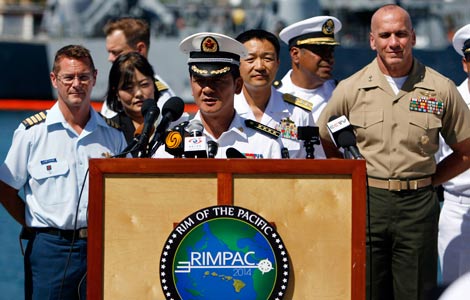
 China navy is 'highlight'
China navy is 'highlight'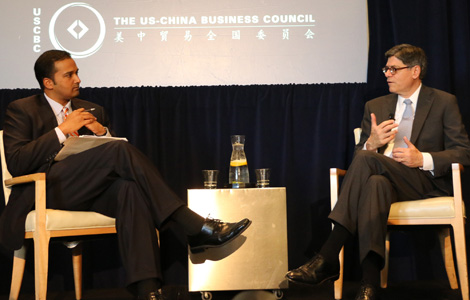
 Jack Lew on the upcoming S&ED
Jack Lew on the upcoming S&ED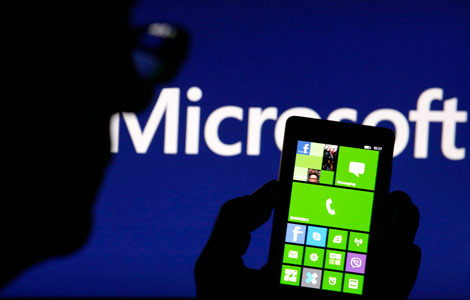
 Move to domestic software pressures foreign companies
Move to domestic software pressures foreign companies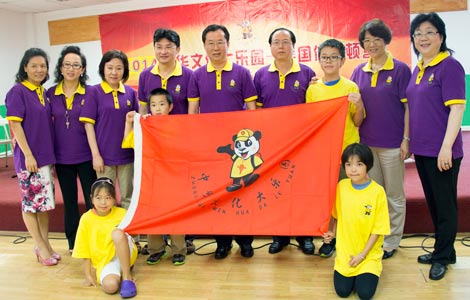
 Culture camp delivers authentic China
Culture camp delivers authentic China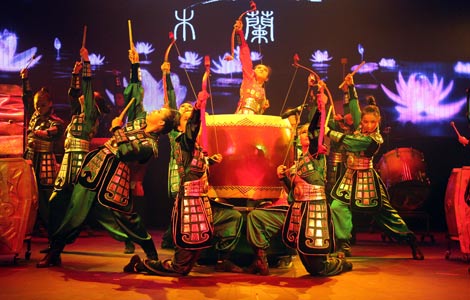
 Ancient Chinese folktale returns to New York City
Ancient Chinese folktale returns to New York City
 US admiral tours Chinese warship
US admiral tours Chinese warship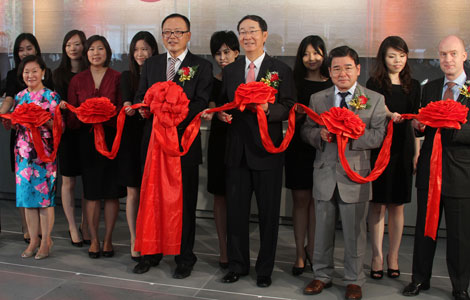
 Bank of China opens branch in Queens
Bank of China opens branch in Queens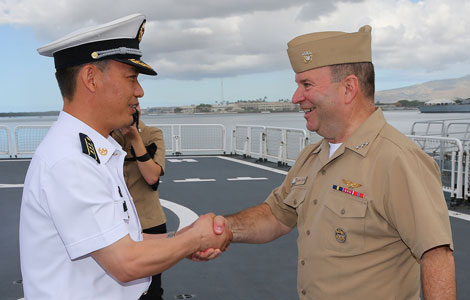
 Chinese navy in Hawaii for joint exercise
Chinese navy in Hawaii for joint exercise
Most Viewed
Editor's Picks

|

|

|

|

|

|
Today's Top News
Top-level general expelled for graft
China says no evidence of pet link
US sends 300 more troops to Iraq
Palace Museum feeling the squeeze of visitors
Slower CPC membership growth reflects stricter recruitment
US business-jet company awaits green light to operate in China
Move to domestic software pressures foreign companies
Bensonhurst becomes Brooklyn's second Chinatown
US Weekly

|

|
